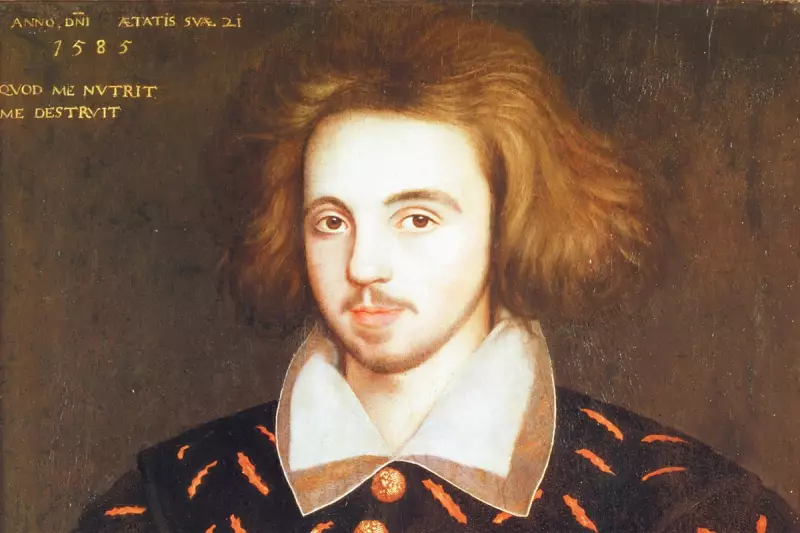
In a seismic shift that rewrites four centuries of literary history, Christopher Marlowe has been officially credited as William Shakespeare's co-author in the prestigious New Oxford Shakespeare.
The academic bombshell confirms what many scholars have long suspected: that the brilliant, controversial playwright worked alongside the Bard on his three Henry VI plays. This isn't merely academic speculation—it's the conclusion of years of painstaking computational analysis and traditional scholarship.
The Digital Detective Work
Researchers employed sophisticated computerised textual analysis to uncover Marlowe's distinctive literary fingerprints within Shakespeare's early works. This digital forensic work compared writing styles, word choices, and poetic patterns across both authors' known works.
Professor Gary Taylor of Florida State University, the general editor of the New Oxford Shakespeare, stated the evidence is now overwhelming. "We can now be confident that Marlowe didn't just influence Shakespeare—he actively collaborated with him," Taylor explained.
The Marlowe Mystery
Christopher Marlowe remains one of literature's most fascinating figures—a spy, a radical thinker, and arguably the most talented playwright of his generation before his mysterious death at just 29. His works, including Tamburlaine and Doctor Faustus, revolutionized Elizabethan drama.
Shakespeare scholars have increasingly acknowledged Marlowe's profound influence on the Bard's early development. This new confirmation of direct collaboration provides the missing link in understanding how Shakespeare found his dramatic voice.
Rewriting the Canon
The New Oxford Shakespeare now formally credits the collaboration as:
- Henry VI, Part 1: Christopher Marlowe and William Shakespeare
- Henry VI, Part 2: Christopher Marlowe and William Shakespeare
- Henry VI, Part 3: Christopher Marlowe and William Shakespeare
This attribution represents the most significant reassessment of Shakespeare's authorship in generations, finally giving Marlowe his rightful place alongside literature's most celebrated name.





